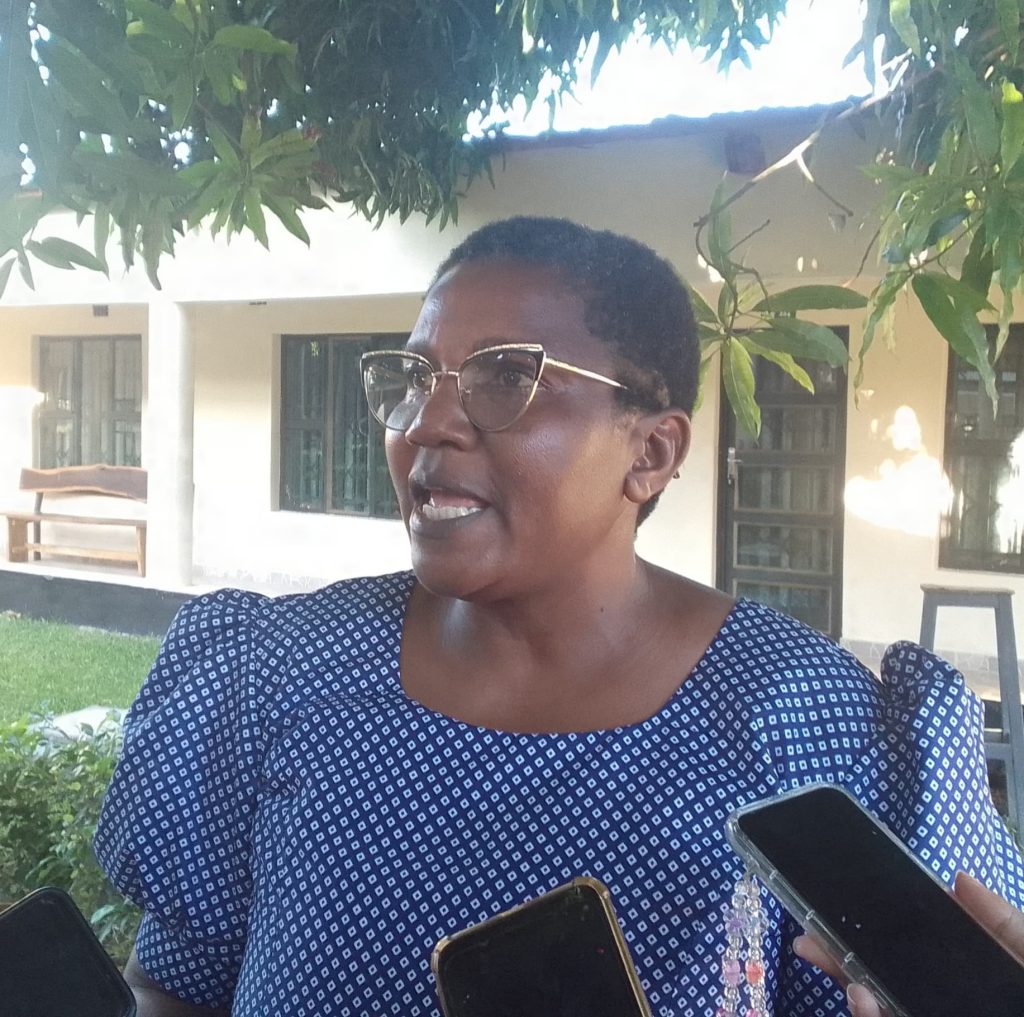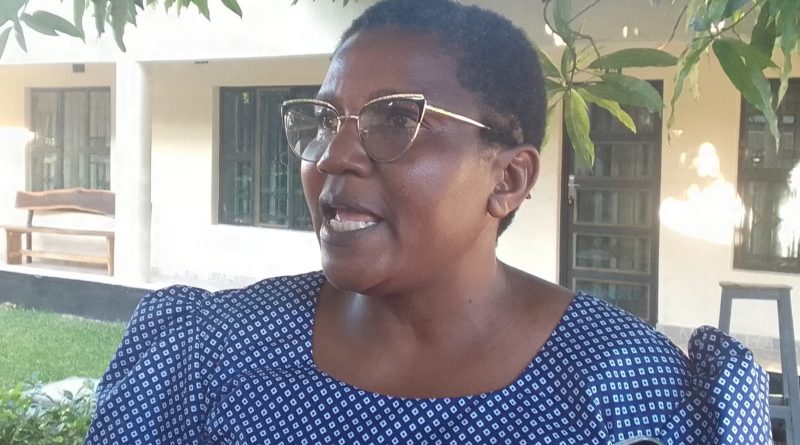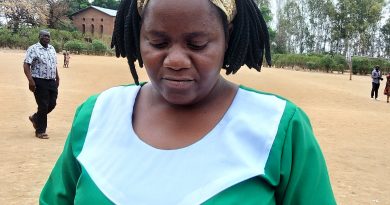LUANAR agroforestry project set to boost yields
By Precious Msosa
An agroforestry project championed by the Lilongwe University of Agriculture and Natural Resources (LUANAR) is set to improve farm productivity in the four districts it has been earmarked to be implemented.
The project, named Agroforestry Malawi seeks to capacitate stakeholders in the farming industry which include extension workers, farmers, researchers and policy makers in management of various existing agroforestry systems and technologies.
According to Joyce Njoloma who is the project’s Coordinator, they realize that in most cases, it is the management aspect that is lacking in most of the stakeholders and this is where the project comes in to bridge the gap.

Njoloma: The project seeks to improve farm productivity. Photo credit: MacDonald Kaleso
“We do understand that people know the word agroforestry systems but it is the management that is pretty well lacking. That’s what we want to bring forth on how do we manage the various agroforestry technologies and systems that are there for the benefit of the implementers, farmers and those working in natural resources sciences. Basically in brief, we want to bring in the how to manage agroforestry systems that people can benefit from,” said Njoloma.
In her project’s presentation to members of the District Executive Committee (DEC) in Balaka on Wednesday, Njoloma who is also LUANAR’s associate professor in agroforestry said the rate of adoption of agroforestry practices among small holder farmers is low mainly due to lack of knowledge and access to farm inputs (e.g. seeds) and markets.
Among the tasks, the project will see the organization of agroforestry demo-sites for practical training in all the four districts of Mchinji, Balaka, Dowa and Lilongwe.
In his remarks, Balaka district Director of Planning and Development (DPD) Chris Nawata said he was excited about the project as it stresses on capacity building of the relevant stakeholders hence it will deepen the council’s understanding on issues of agroforestry.
The project with funding of about USD350, 000 from the Norwegian Government will be implemented with the assistance from ICRAF for four years (2025-2029).




